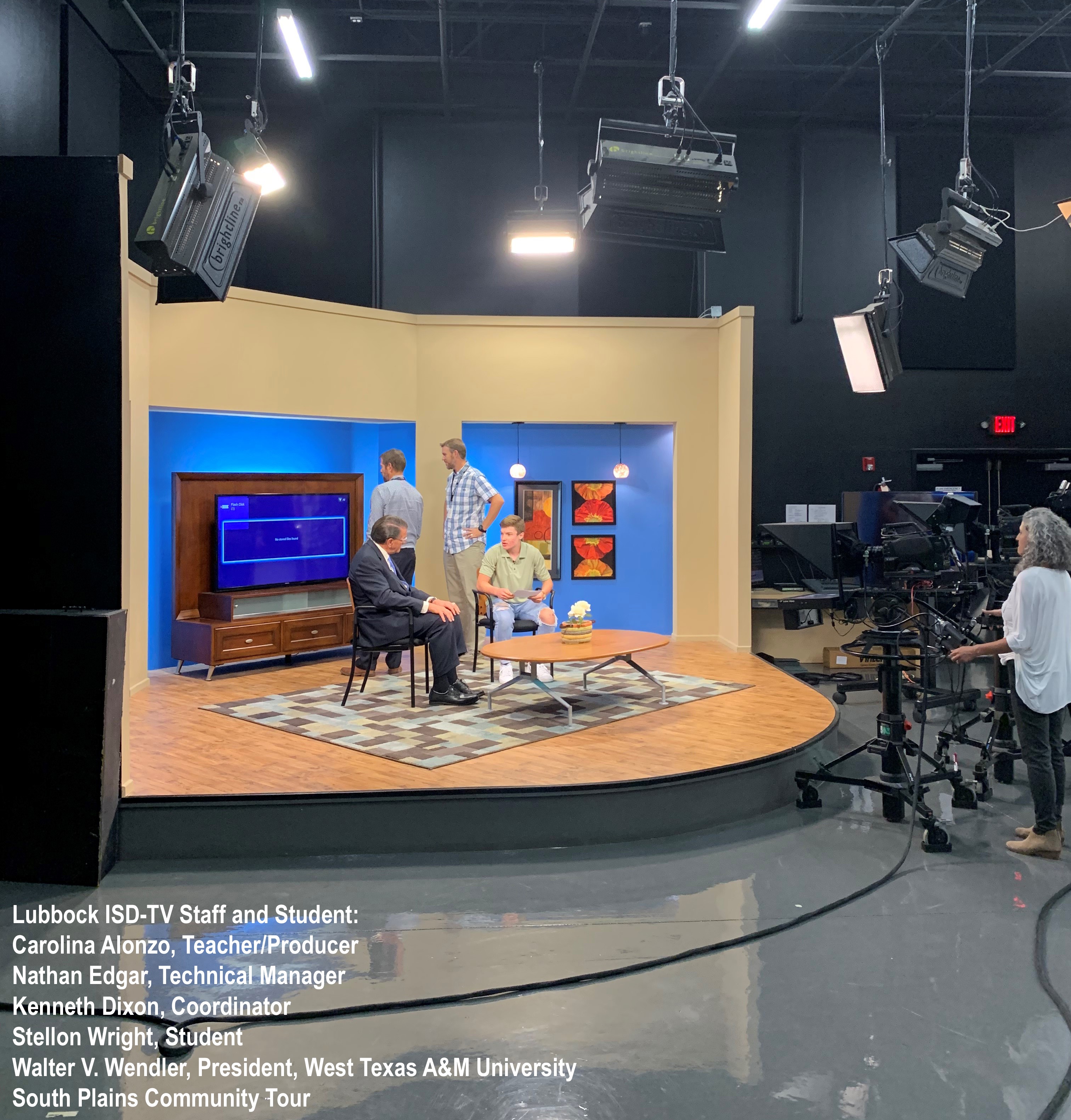
Fifth in a series on what to look for in college.
According to The History of the Jews from the Babylonian Captivity to the Present Time, Rabbi Judah said, “He who teacheth not his son a trade, does as if he taught him to be a thief.”
This proverbial reflection is worth a second look in a contemporary context. While traveling the South Plains, I found a number of examples of high schools where technical education, i.e., trade school or vocational education, is treated seriously and provides great benefit to students and the extended community. Lubbock Cooper Independent School District has a well-developed Career and Technical Education Division with a complete wing dedicated to arts of the hand and mind.
Unfortunately many perceive vocational education to be for those poor souls who can’t think and therefore must do — a parochial and condescending view of professions of craft. The marketplace of skill is changing that perspective. Certifications in Automotive Service Excellence, Digital and Interactive Media, Microsoft Office Specialists, Career Safe OSHA, the American Welding Society and Serve Safe, to name a few, are programs that prepare students for useful careers with free-market value.
Not a single one of these certifications precludes the possibility of a student pursuing a bachelor’s degree in the future. Recently, a young woman with six years of welding experience was accepted into our mechanical engineering program at WTAMU. The combination of vocational skills and engineering problem-solving acumen will uniquely qualify this young woman for a career in a way that a traditional engineering graduate could only hope for.
Likewise, I toured Lubbock ISD’s Career and Technical Education Center. Many of the crafts taught there will have a valuable impact on the lives of students. Lubbock ISD uses a series of cluster areas to prepare students for jobs. The arts, A/V production and communications, business management, health science, hospitality and tourism, human services, information technology and manufacturing, are a few of the clusters in which a student may enroll. The facilities, professionalism of teachers and abilities of students were impressive.
This commitment to vocational education is growing nationally. In rural school districts, many students are first in their family to attend college and come from homes where the practice of craft is the norm. Additionally, for rural students from farms and ranches, working with their hands is a given and not disparaged as something below anyone’s dignity. There is nobility in work and an appreciation for being able to “do” something. This view warrants lifelong pursuit.
The combination of thinking and doing should be valued in higher education. In many universities, programs combining craft, emotive power and technical expertise, such as art, design, music and dance, are held in high regard. WT’s Sybil B. Harrington College of Fine Arts and Humanities is an example. However, these skill-based capabilities are different from the application-driven pursuits that we typically call trades. Any separation of thinking and doing serves no one well.
In 2016, seventy percent of high school graduates enrolled in post-secondary educational experiences. Couple this understanding with the fact that nationally 34% of college graduates with average indebtedness near $30,000 are underemployed, according to the Federal Reserve Board of New York. They are working in jobs that require no college degree.
Hindsight creates in many diploma and promissory note holders envy for jobs that require certification of skill with nearly guaranteed employment and low or no debt. Please don’t deem these observations regarding gainful employment to be “thick-skulled,” or represent a lack of appreciation for critical thinking skills often, but not always, accompanying a rigorous undergraduate education. Rather, the recognition is that both can be accomplished without negative impact on either.
This is South Plains/Panhandle pragmatism at work.
If, when considering colleges, you sense on a campus dismissiveness regarding trades, vocations and knowledge applied to some necessary and useful task, leave. They are not as smart as they want you to think. If you believe that Rabbi Judah’s observation would not be appreciated or seen as a diminishment of being an educated human being, get in your car (hopefully pronounced safe by someone who holds Automotive Service Excellence Credentials) and drive to another campus—one where the hand meets the mind.
Walter V. Wendler is President of West Texas A&M University. His weekly columns are available at http://walterwendler.com/.

I appreciate the eloquence in which you treated this subject matter. As a professor of Animal Science at Illinois S. U. in the 1970’s, I presented a paper in the Teaching Section of the ASAS Meeting on the new course I had developed “Livestock Production Skills” because most midwestern farm kids had very few livestock skills.
The section leader, a prof from Iowa State U., informed me that this was not proper college material for a real university. I was not nearly as eloquent in my response as you.
In 1980 I joined the faculty at WTSU and found those students generally had those skills. My years at WT were the best of my life.
Now I’m trying to recruit Fredericksburg area kids to attend WT and I know of four that enrolled this fall in Animal Science alone. Knowing the position of the President of WTAMU in this area gives me even more confidence to recruit.
An outstanding share! I’ve just forwarded this onto a colleague who had
been conducting a little homework on this. And
he in fact ordered me lunch simply because I stumbled upon it for him…
lol. So let me reword this…. Thanks for the meal!! But yeah, thanks
for spending the time to talk about this topic here on your
web page.